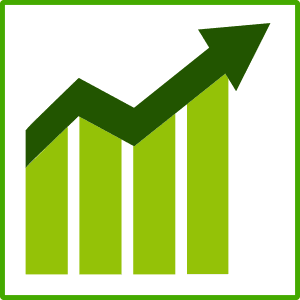 When assessing investment portfolios, we often discuss the economy and its impact on your investments. Questions typically arise about the stages or phases of the economy and how to assess where the economy is sitting. The stock market has been on a record run since the great recession of 2008 with the S&P 500 bottoming out on March 7th, 2009. The economy itself works in 4 stages, often called phases.
When assessing investment portfolios, we often discuss the economy and its impact on your investments. Questions typically arise about the stages or phases of the economy and how to assess where the economy is sitting. The stock market has been on a record run since the great recession of 2008 with the S&P 500 bottoming out on March 7th, 2009. The economy itself works in 4 stages, often called phases.
- Early recession: this is when things go bad for the economy. Generally this is when consumer expectations are poor, industrial production is falling, and yield curves flat line and sometimes even go inverted.
- Full recession: this is when GDP has retracted in two successive quarters. This is a particularly hard time for the unemployed, corporations, and 401k balances. By this point, consumer expectations have bottomed out and the Fed typically tinkers with the yield curve with the hopes of injecting life into the economy.
- Early Recovery: Industrial production is picking up, the yield curve is steep and interest rates are beginning to rise. Consumer expectations are rebounding at this point.
- Late recovery: Consumer expectations are beginning to decline, along with flattening industrial output. Interest rates typically rise quickly during this phase.
How can we tell where we are at besides just eyeballing it? Economists use economic indicators to help determine phases and where the economy is currently resting. While investors may pay attention to both leading and lagging economic indicators. Insight to the difference of both leading and lagging economic indicators can be found here https://www.moneycrashers.com/leading-lagging-economic-indicators/.
Timing these phases of the economic cycle are almost impossible. In fact, even the most well-respected investors find it almost near impossible to time these cycles. That’s why I stress to my clients that these phases should never impact their investment decision making. Your investments should be built in a manner to help accomplish your short, intermediate, and long-term goals in all kinds of market environments.
